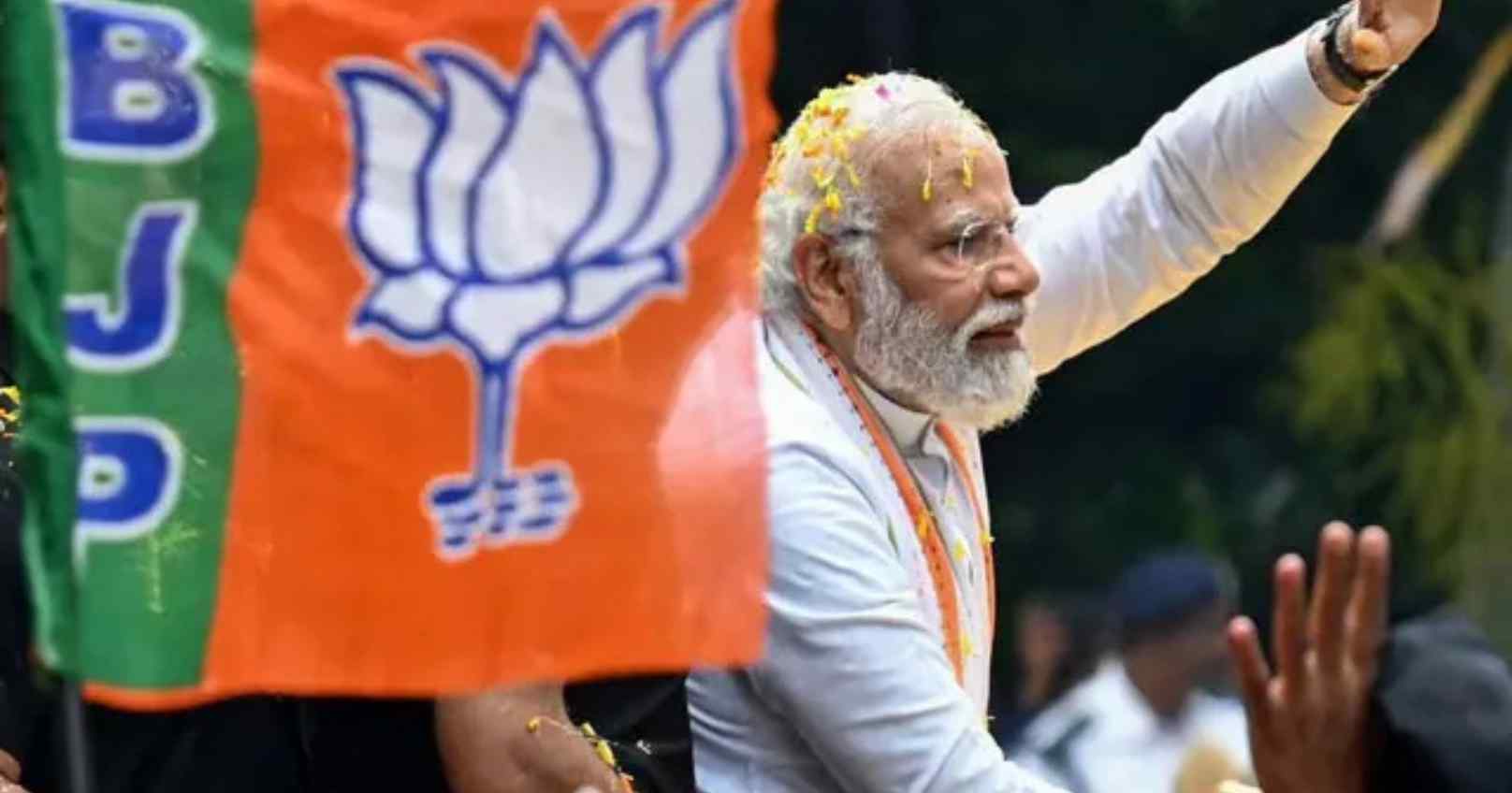As Delhi heads toward elections, the BJP is reportedly preparing to match the ruling Aam Aadmi Party's (AAP) popular welfare schemes with a focus on free electricity, water, and women-centric initiatives. Sources suggest the BJP may announce free electricity for up to 300 units, free piped water, and a Ladli Behna-style cash handout program for women. Religious places, including temples and gurdwaras, may also receive free electricity of up to 500 units as part of the party's strategy to attract diverse voter groups.
The BJP's proposed women-focused scheme is being closely watched, especially after its success with similar cash transfer programs in states like Madhya Pradesh and Maharashtra. Women voters have increasingly become a significant constituency, with all major parties vying to secure their support through direct financial benefits.
On the other hand, the AAP is building its campaign around its established welfare measures and new promises. The party’s "Mahila Samman Yojana" aims to double its current monthly financial aid for women from ₹1,000 to ₹2,100. AAP leader Arvind Kejriwal has also introduced the "Sanjeevani Yojana," which pledges free healthcare for senior citizens aged 60 and above. Additionally, the AAP is engaging its core support base of autorickshaw drivers with promises of ₹15 lakh life and accident insurance, ₹1 lakh for daughters' weddings, and a ₹2,500 uniform allowance paid twice a year.
For the past decade, AAP’s governance has relied heavily on its flagship programs, including free electricity up to 200 units and free bus rides for women. These initiatives have played a crucial role in the party's electoral success and remain central to its strategy for a third consecutive term in power.
The Congress, though yet to intensify its campaign, has announced the "Pyari Didi Yojana," offering ₹2,500 per month to eligible women in Delhi.
As the election approaches, the competition between these parties underscores the growing importance of welfare schemes in shaping voter preferences, particularly among women and marginalized groups.







